Sinoright Blog
Scientists have found that high levels of sucralose inhibit
But from another perspective, this feature can also be used by us, such as in the treatment of autoimmune diseases. In experiments, high doses of sucralose prevented one-third of susceptible mice from developing type 1 diabetes.
It must be noted that the level of sucralose used in this study is quite high and is rarely touched in our daily lives. The researchers also believe that there is no need to stay away from sucralose because of concerns about the effects mentioned in this paper.
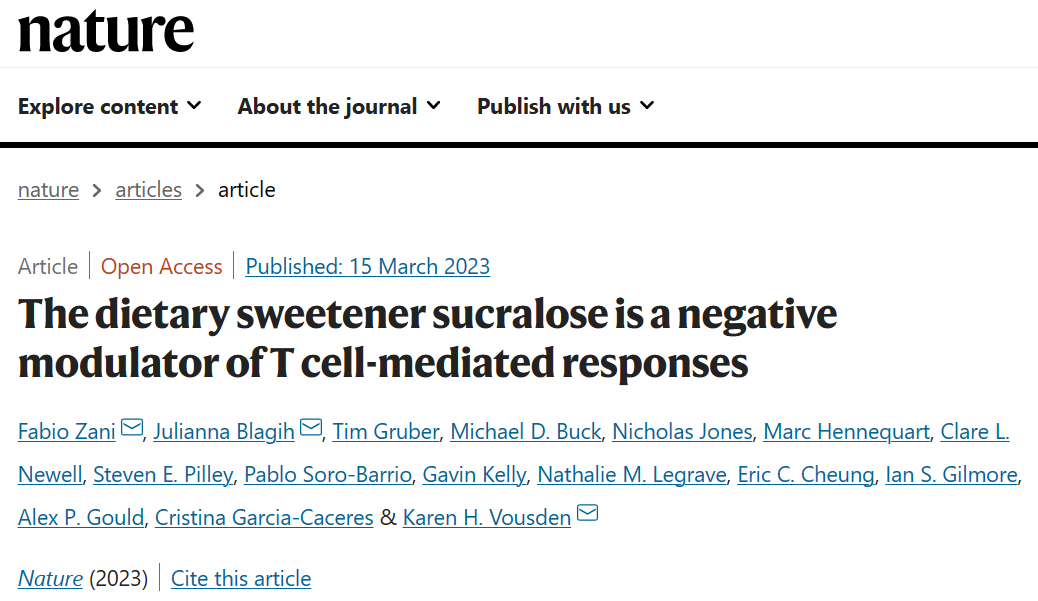
Let’s talk about sucralose itself first.
Sucralose is a chloride of sucrose. It is very, very sweet. The sweetness is about 600 times that of sucrose. It is used in very small amounts. In addition, it is not well digested and absorbed by the human body, so it is generally considered that sucralose is a " Zero-calorie sugar substitute.”
Sucralose has been used by humans for 20 to 30 years, and there have been many safety reviews related to it. Overall, sucralose is relatively safe and has a relatively high safe dose. The maximum acceptable daily intake (ADI) for humans determined by the European Food Safety Authority (EFSA) and the U.S. Food and Drug Administration (FDA) is 15 mg/kg body weight and 5 mg/kg body weight, respectively.
Studies in mice certainly cannot directly use human doses. After conversion, adding 0.72mg/ml sucralose to the drinking water of mice is equivalent to the recommended amount of EFSA, and 0.17mg/ml is equivalent to the recommended amount of FDA.
Mice do love sweets too. The mice in the sucralose group consumed more fluids over 12 weeks, but they did not gain weight or lose weight as a result, and fasting insulin levels and glucose tolerance were not affected. Surprisingly, sucralose also had no effect on the intestinal bacteria of mice, which was inconsistent with previous studies.
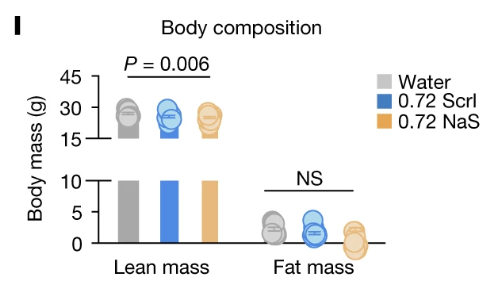
In the mice in the sucralose group, the researchers failed to detect changes in myeloid cells, B cells, T cells, NK cells, and dendritic cells. But when exogenous stimuli were used to activate the immune response, the researchers found that T cell proliferation was significantly reduced.
In vitro experiments also show that compared with two sugar substitutes, acesulfame potassium (AceK) and sodium saccharin (NaS), sucralose can inhibit T cell proliferation and differentiation in a dose-dependent manner.
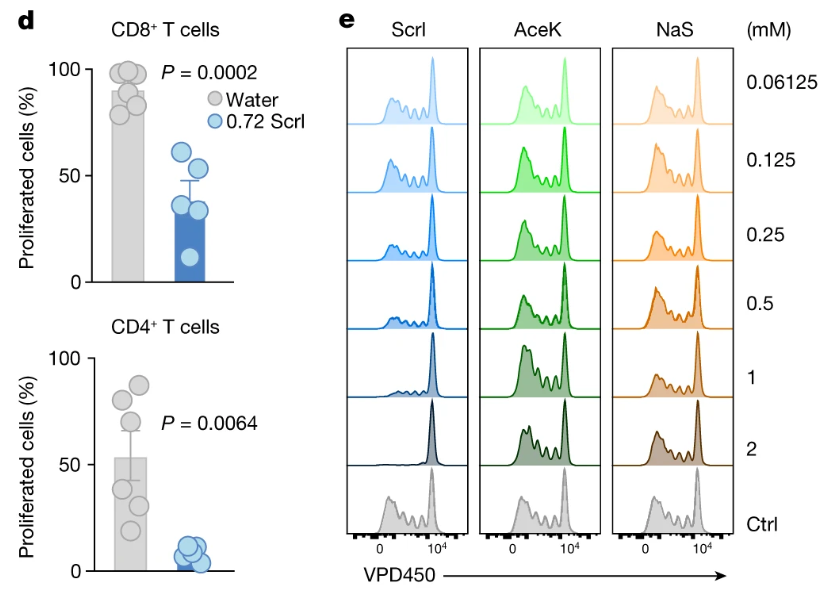
Interestingly, this inhibitory effect of sucralose is not through the sweet taste receptor, but specifically affects the T cell receptor (TCR) in an unknown way, leading to incomplete activation of the cytokine PLCγ1, affecting intracellular Calcium ions are released, thereby inhibiting T cell function.
When mice in the sucralose group were transplanted with tumors or inoculated with Listeria, it was also found that sucralose indeed suppressed the enthusiasm of T cells, causing tumors to grow and cells to proliferate faster. If "sugar" is stopped in time, T cell proliferation can quickly return to normal, indicating that the effects of sucralose are reversible.
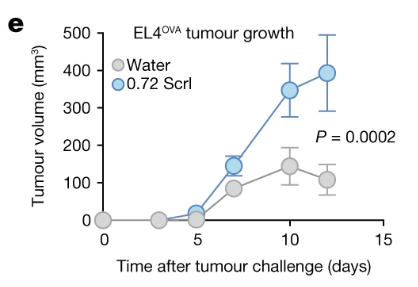
At present, this does not seem to be a good thing, but you must know that T cells do not all do positive work. When it is "crazy", if sucralose can come out to control the situation, it may not be impossible to succeed.
The researchers used a model of spontaneous type 1 diabetes in mice that develop hyperglycemia and islet inflammation between 12 and 30 weeks of age due to T cell destruction of the pancreatic islets.
After mice were fed the same high-concentration sucralose water, most of them did not develop diabetes.
Sucralose also had a similar therapeutic effect in mice, another model of T cell-induced colitis.
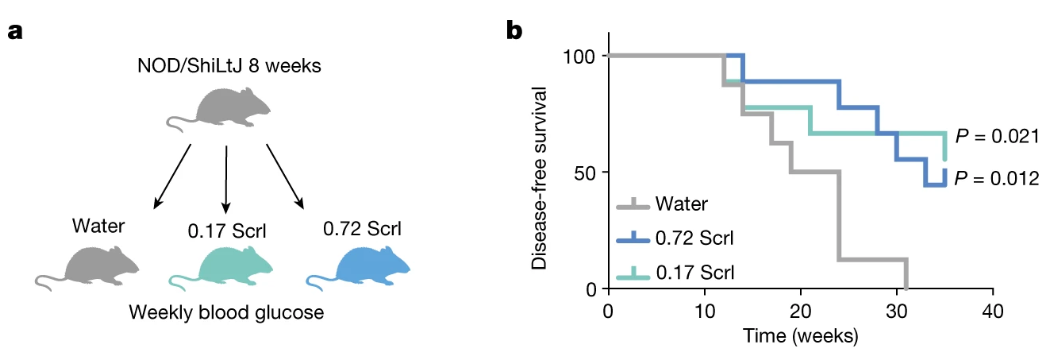
Finally, I have to emphasize again that the sucralose in this study is basically a "top-level" dose, which is significantly higher than the amount used in normal human diet, so the results of this study are not equal to the sucralose we consume in daily life. Sucrose doses are immunosuppressive.
If sucralose's specific inhibition of T cells can be translated into clinical practice, it will also be of great benefit to the treatment of some diseases caused by overactive T cells. After all, it is cheap and easy to obtain (and very sweet).
